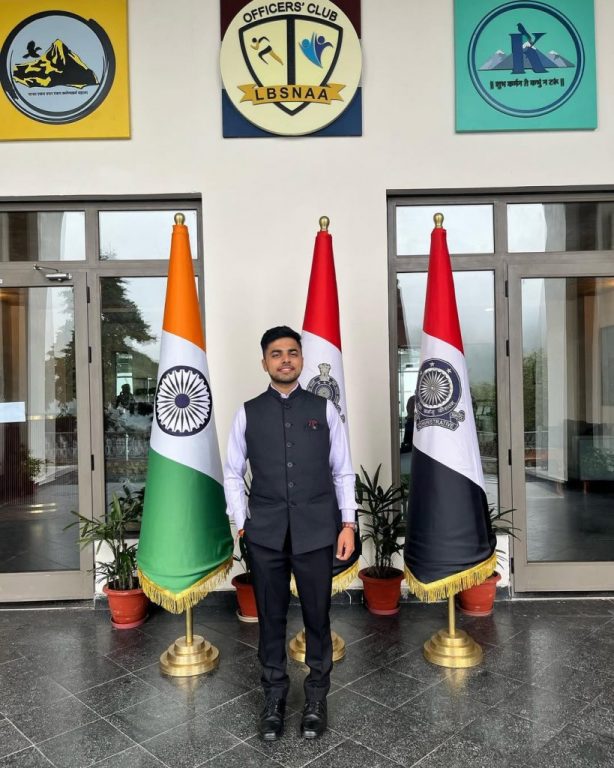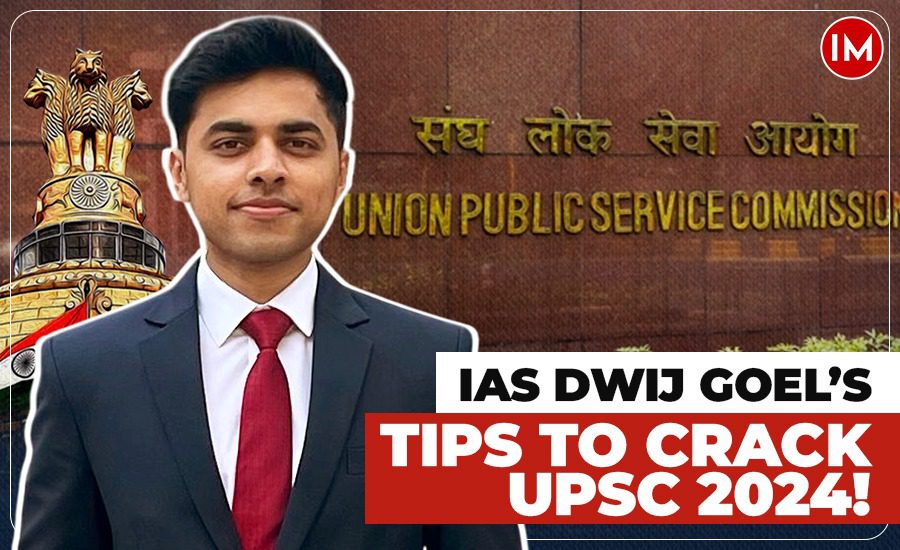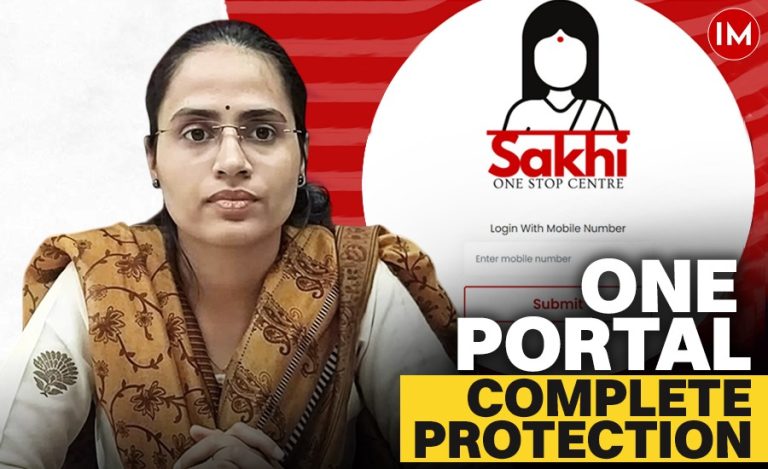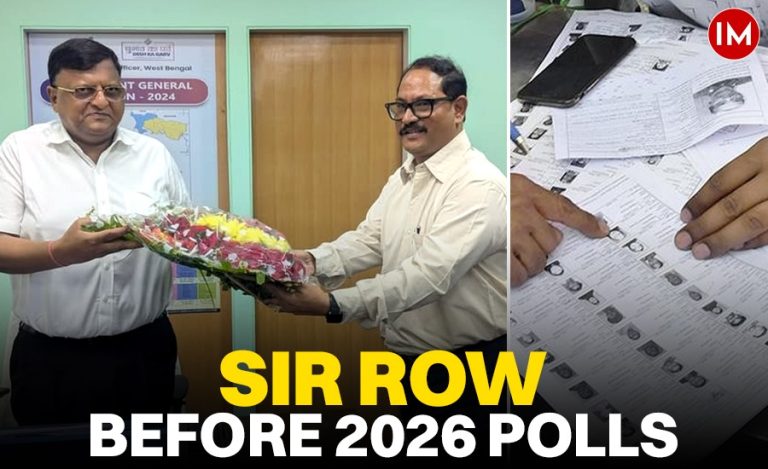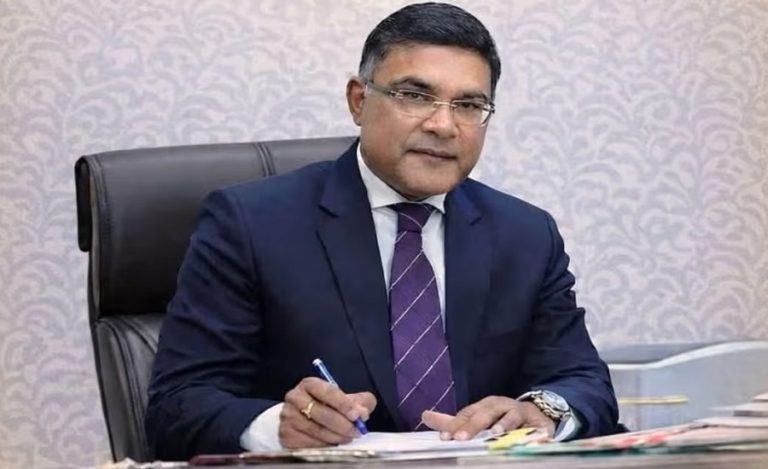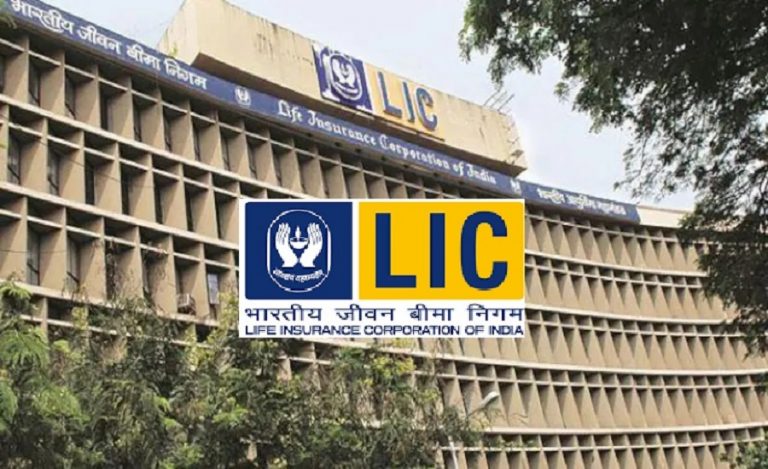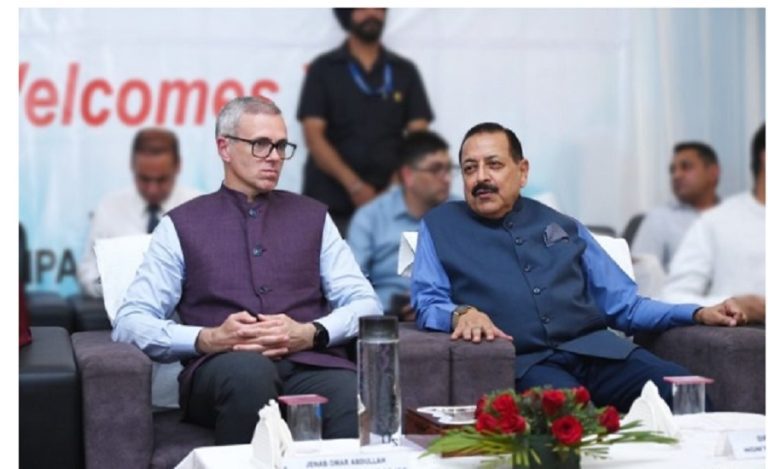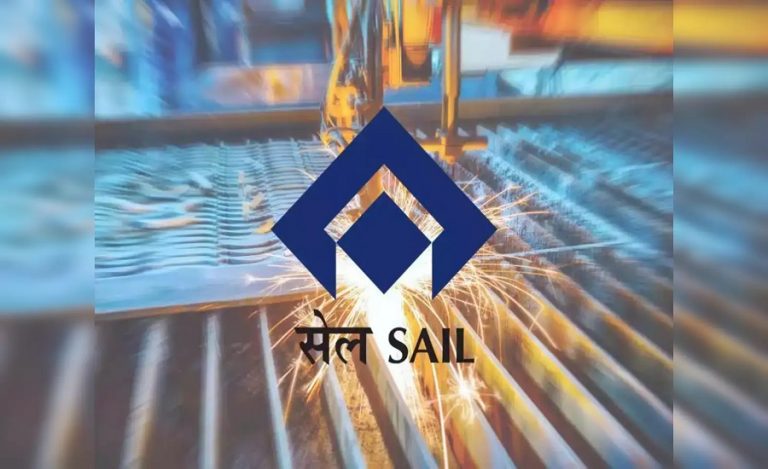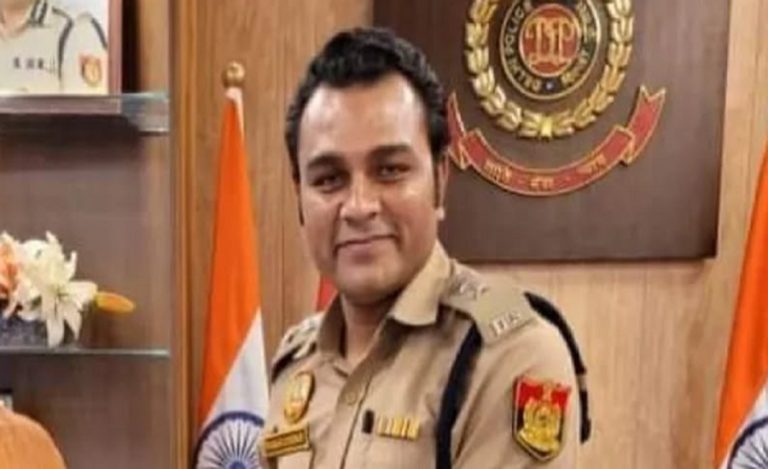The UPSC Civil Services Exam 2024 interview is just around the corner, starting on January 7th. Aspirants who have successfully cleared the Mains exam and are now preparing for the interview surely need some guidance, dos and don’ts, and valuable advice. This story is for them.
Dwij Goel, a 2023 batch IAS officer currently serving as the Assistant Collector in Sepahijala District, Tripura, has some insightful suggestions. Not only that, but his UPSC journey is also truly inspiring.
Having lost his father at a young age, Goel has faced many ups and downs in life. He has tried several things, from a startup to state civil services, but he never lost sight of his ultimate goal. Despite numerous setbacks and moments of heartbreak, he persisted and kept striving toward his dream. As he himself often quotes, “Hope is a good thing, maybe the best of things, and no good thing ever dies,” a reference to Viktor Frankl’s words.
Indian Masterminds had the opportunity to interact with him to learn more about his journey and to gain valuable insights for the upcoming interviews.
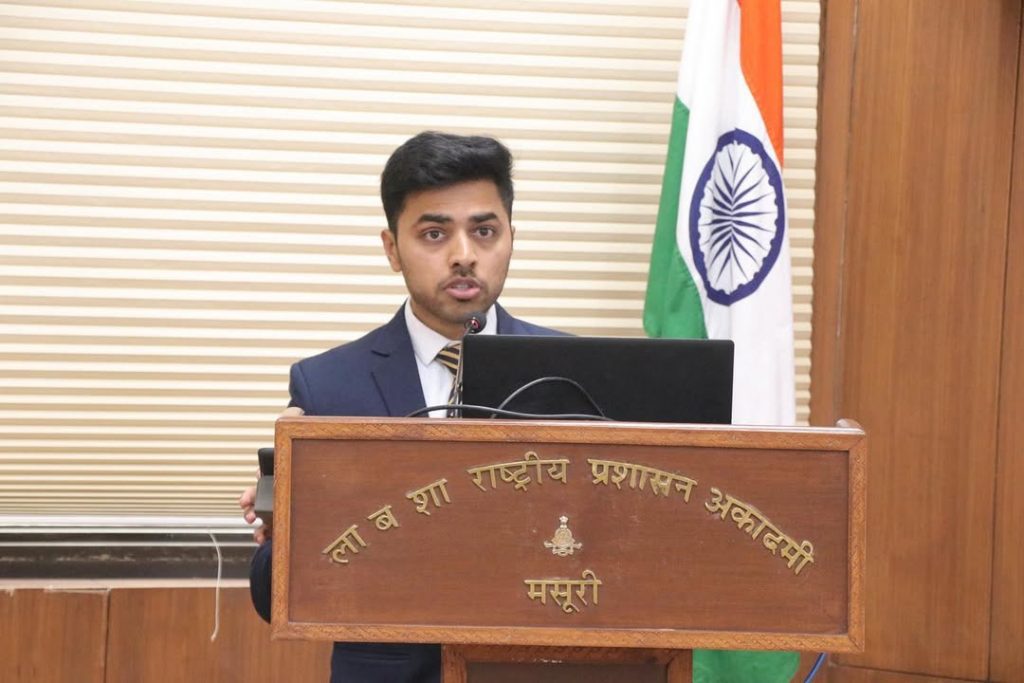
JOURNEY SO FAR
He made a total of three attempts at the UPSC exam. In his first attempt in 2020, while working a job, he cleared the prelims but couldn’t make it past the mains. In September 2020, he decided to leave his job and prepare full-time for the UPSC.
In his second attempt in 2021, he improved his strategy, addressed his weaknesses, and reached the interview stage. However, he missed the final list by just 5 marks and was placed on the reserve list. He was allotted ‘PONDICS’ and served as the Commissioner of the Municipality in Pondicherry.
In his third attempt, the UPSC CSE 2022, he successfully cleared all three rounds and secured an All India Rank (AIR) of 71.
Meanwhile, he had also been selected for the UPPSC (Uttar Pradesh Public Service Commission) with a rank of 19 in the UP State Civil Services. However, he wasn’t satisfied with this and chose not to join.
Between the Mains and the interview of his second attempt, he began working on other ventures aside from UPSC. He co-founded an EdTech startup with a friend and worked on it for 3-4 months. Unfortunately, the venture failed due to flaws in the marketing strategy, which was a significant setback for him.
He shared, “Never be afraid of failure – it teaches you valuable lessons. I faced failure and devastation, but through it all, this journey has been a roller coaster ride of emotions, fear, anxiety, failures, and hope. I remained optimistic, always hopeful of seeing the light at the end of the tunnel.”
TIPS FOR UPSC INTERVIEWS
Mr. Goel, while offering valuable advice for the UPSC interview, emphasized the importance of carefully preparing the keywords in the Detailed Application Form (DAF), as they reflect one’s personality and values. He specifically highlighted the need to focus on Section 14. Aspirants should also prepare notes on common HR questions, such as SWOT analysis, and be ready to discuss their preferences, strengths, and weaknesses. Philosophical questions are often asked, so candidates should be prepared to express their thoughts on life’s deeper aspects, such as “What is God?” or “What does success mean to you?”
Additionally, Mr. Goel recommended reading two newspapers daily, particularly The Indian Express and The Mint, to stay informed. A solid understanding of basic economic concepts, such as GDP, inflation, and decisions from the Monetary Policy Committee (MPC) meetings, is also crucial. He advised thorough preparation in International Relations, especially about current global issues, as having a balanced opinion on such topics reflects maturity and awareness.
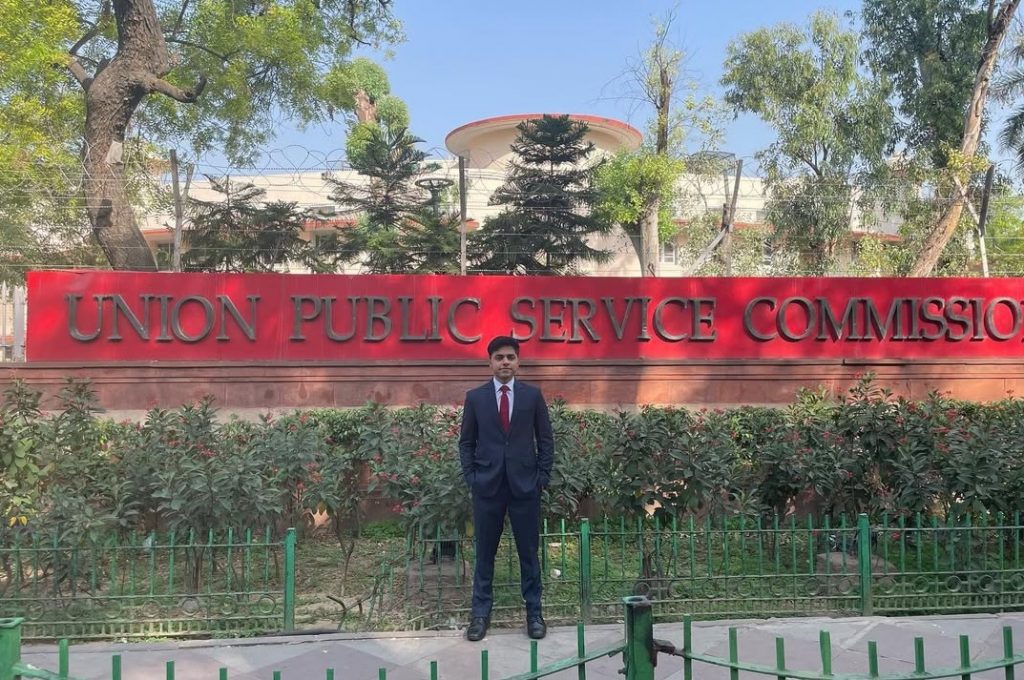
Aspirants should also be ready to answer leadership-related questions, discussing their leadership qualities, officer-like qualities (OLQs), and achievements as a leader. The personality test requires candidates to speak in a clear, measured, and meaningful manner, avoiding informal words like “actually” or “you know.” Regular practice, such as speaking in front of a mirror or discussing topics with friends, is essential for improving communication skills.
Mr. Goel cautioned against taking random mock interviews, as unrealistic feedback might negatively affect performance. Instead, aspirants should plan their mock interviews, aiming for 2-3 full-panel sessions and 1-2 one-on-one interactions.
Finally, he stressed the importance of confidence and self-belief, noting that it’s not just about knowledge but also about how one uses that knowledge to present their personality during the interview.
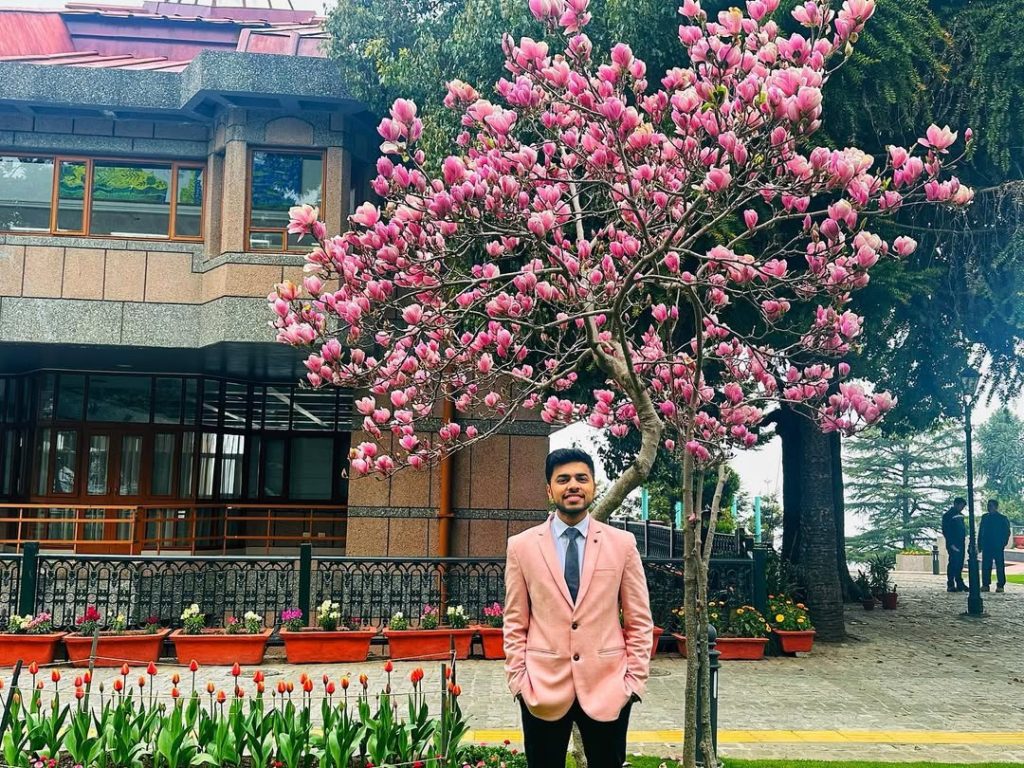
BACKGROUND
He hails from a small town named Kharkhauda in Meerut, Uttar Pradesh. His father passed away when he was just 6 years old, and his mother is a teacher. He also has a younger brother.
He completed his basic education in Meerut and later pursued a B.Tech in Mechanical Engineering from NIT Bhopal. After graduating in 2019, he worked for a year as an Assistant Manager at Hero MotoCorp Limited in Gurgaon.
UPSC PREPARATION
He had a clear and focused approach to his preparation, consistently dedicating 8 hours a day to his studies. He created his own notes and also leveraged Telegram channels for additional resources. His optional subject was Anthropology. To gauge his progress, he regularly took multiple test series and participated in online mock tests.
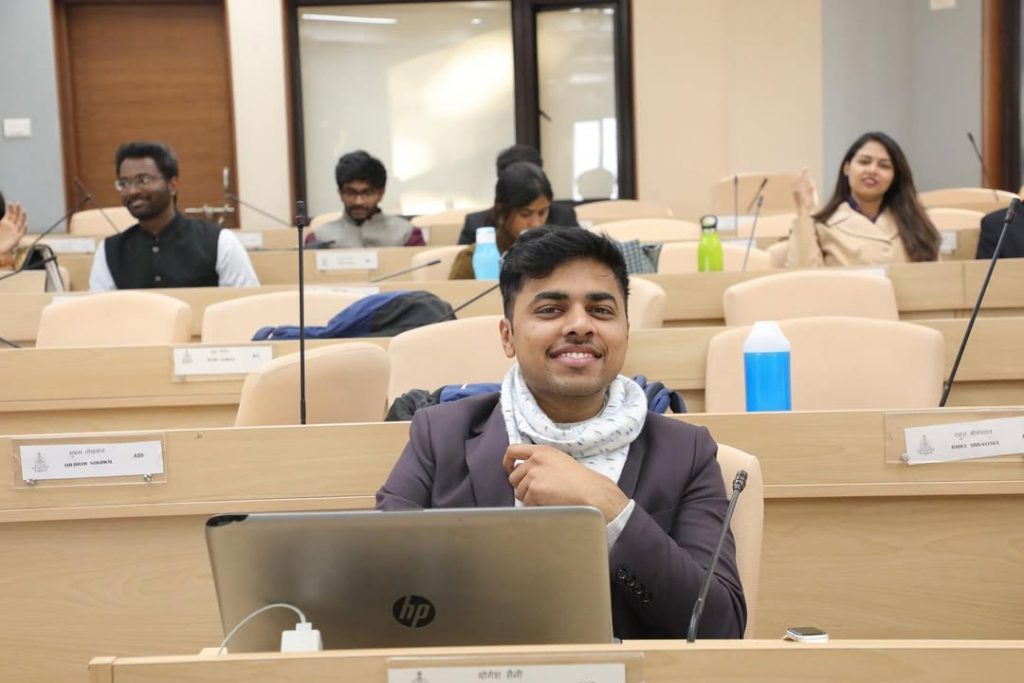
INTERVIEW QUESTIONS
His interview went well, and the board was led by Preeti Sudan Ma’am, who is currently the UPSC Chairperson. He was asked a wide range of questions on various topics, reflecting the board’s interest in his diverse background. These included questions about electric vehicles, education, and his hobby of writing poems.
One of the questions focused on his hometown of Meerut and its historical significance. He was also asked why he left his private-sector job and chose Anthropology as his optional subject after completing his engineering degree. Another board member asked him to explain the difference between hiking and trekking, followed by an interesting discussion on the topic.
Additionally, a member asked him to convert a specific height into meters, noting his background as a mechanical engineer. Another question touched on the difference between Industry 3.0 and Industry 4.0. He was also asked about the challenges of teaching in rural schools, where teachers often handle 60 students in a class. The board wanted to know whether such environments could effectively teach skills to students.
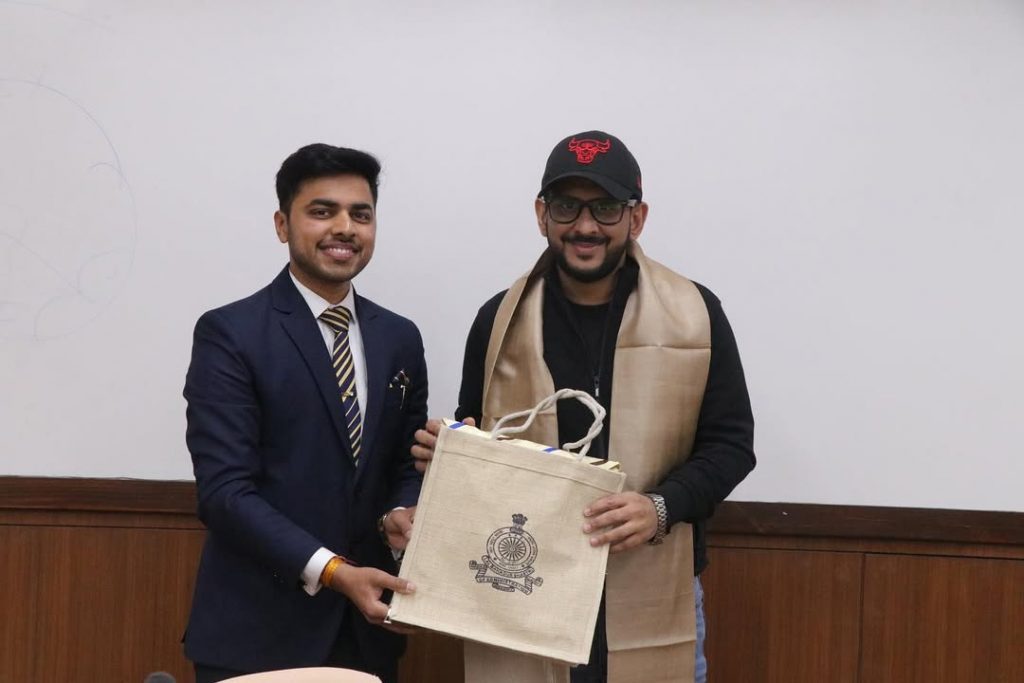
Given his background in mechanical engineering, one member asked him to explain the difference between a 2-stroke and a 4-stroke engine and whether he could draw a diagram of the engine cycles, considering the paper in front of him.
One of the more intriguing questions came from a board member who asked about the apparent contradiction in his name – why “Goel,” which is associated with the Baniya gotra, and “Dwij,” which is associated with the Brahmin caste. This question sparked an interesting discussion about his name and its cultural implications.
